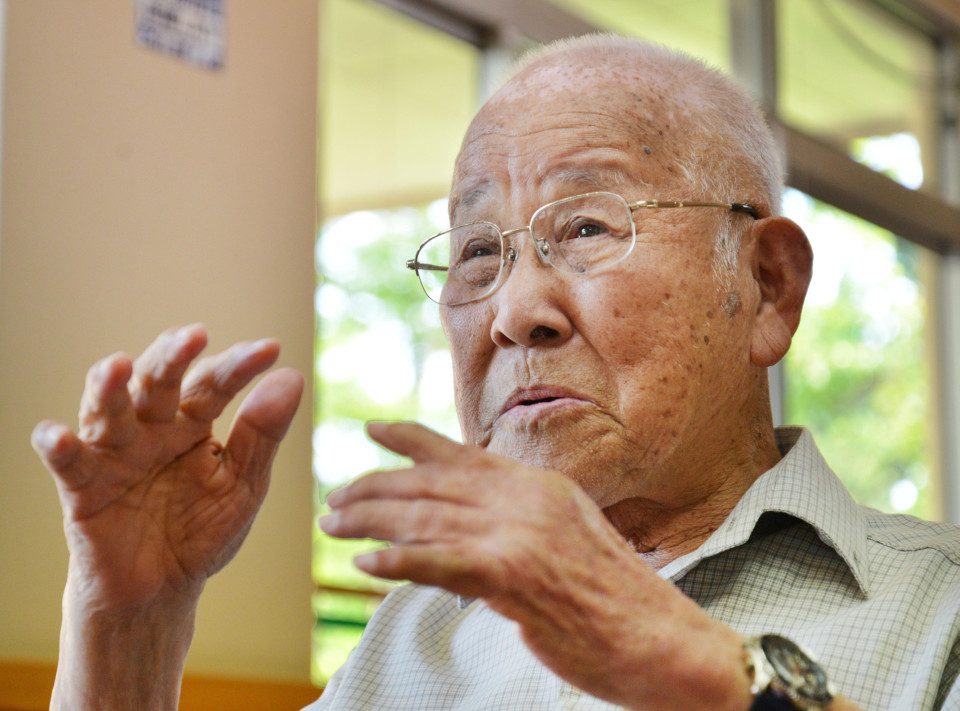Takashi Morita, a survivor of the atomic bombing of Hiroshima who, after moving to Brazil in the 1950s, worked as a peace activist and helped other survivors overseas receive aid from Japan, died Monday, according to his family. He was 100.
Morita, who died in a hospital in Sao Paulo, had been a military police officer in the Japanese city at the time of the U.S. atomic bombing. Eleven years after being injured in the August 1945 attack, he moved to Brazil.

Despite having refrained from talking much about his experience upon arrival in the South American country so as to avoid possible discrimination, Morita launched an organization for atomic-bomb survivors there in 1984.
He led a project under which Tokyo provided a health management allowance for atomic-bomb survivors in Brazil, and shared his story with young people in the country in Portuguese.
Following decades of such activities, atomic-bomb survivors have been able to receive medical treatment without paying out of pocket at designated hospitals in Brazil since 2019.
In May this year, Morita met Japanese Prime Minister Fumio Kishida during the premier's visit to Brazil. He asked the veteran politician elected from a Hiroshima constituency to work harder to realize peace in the world.
Related coverage:
U.S. records reveal details of troops who died in Hiroshima A-bomb
Dialogue critical to avoid nuke war: grandson of 'father of A-bomb'
FEATURE: California sisters' nonprofit carrying on legacy of A-Bomb survivors










